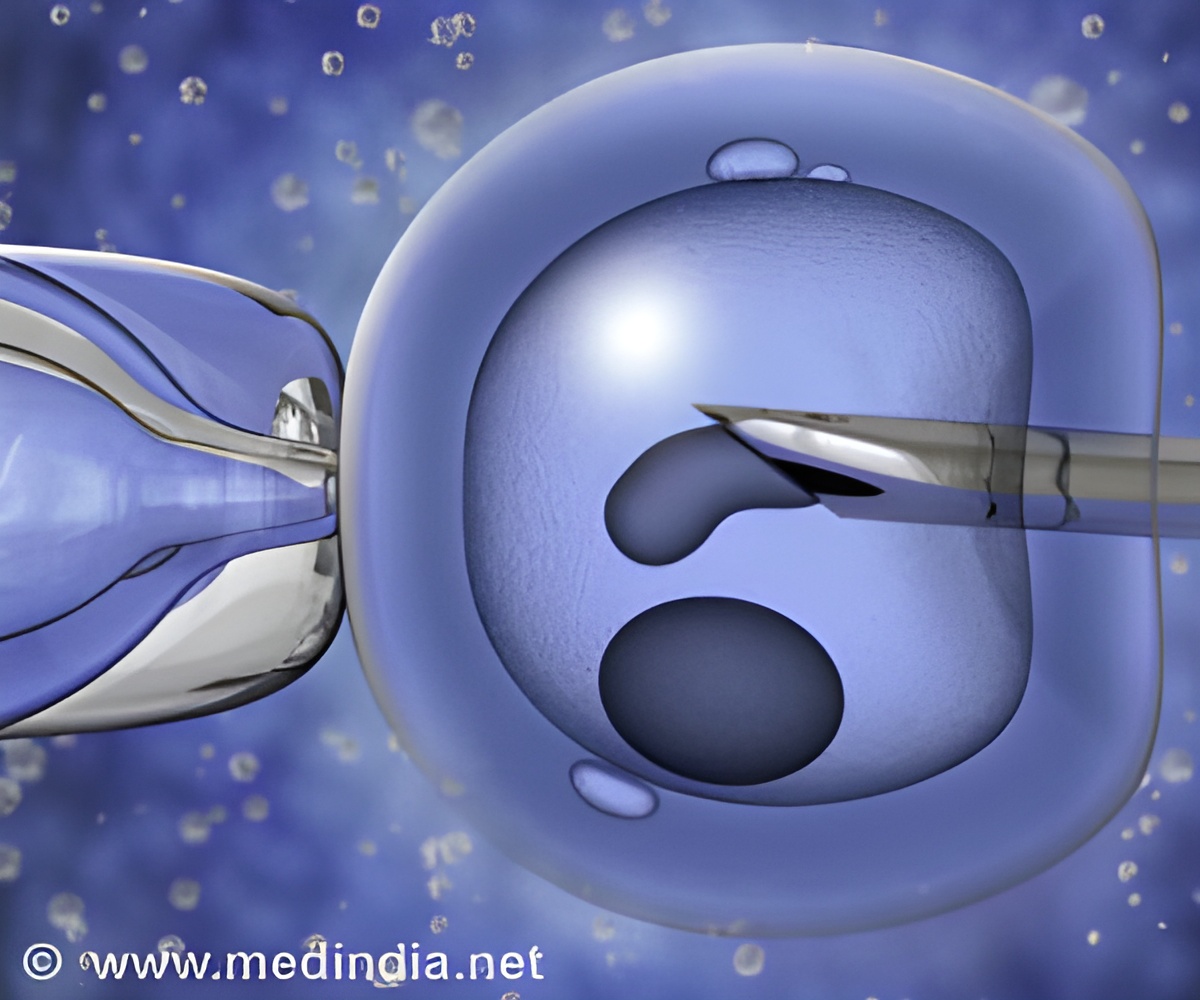With just a few donor stem cells, a team of Japanese researchers have grown functional mouse kidneys inside rats, an advance that could address the chronic global shortage of donor kidneys.

TOP INSIGHT
Through this method, human stem cell-derived organs could be developed in livestock and could be transplanted to humans with end-stage renal diseases.
Researchers have also been working on ways to grow healthy organs outside the human body.
One such method, blastocyst complementation, has produced promising results in generating rat pancreas in apancreatic mutant mice.
Researchers from the National Institute for Physiological Sciences in Japan decided to investigate whether the method could be used to generate functional kidneys, which would have much larger application in regenerative medicine due to the high donor demand.
Initial attempts by the team to grow rat kidneys were unsuccessful, as rat stem cells did not readily differentiate into the two main types of cells needed for kidney formation.
After being implanted into pseudo-pregnant rats, the complemented blastocysts matured into normal fetuses.
Further screening showed that all the kidneys were structurally intact, and at least half could potentially produce urine.
"Our findings confirm that interspecific blastocyst complementation is a viable method for kidney generation," said Masumi Hirabayashi from the varsity.
"This approach could be used to generate human stem cell-derived organs in livestock, potentially extending the lifespan and improving the quality of life of millions of people worldwide," Hirabayashi added.
Source-IANS
 MEDINDIA
MEDINDIA




 Email
Email




